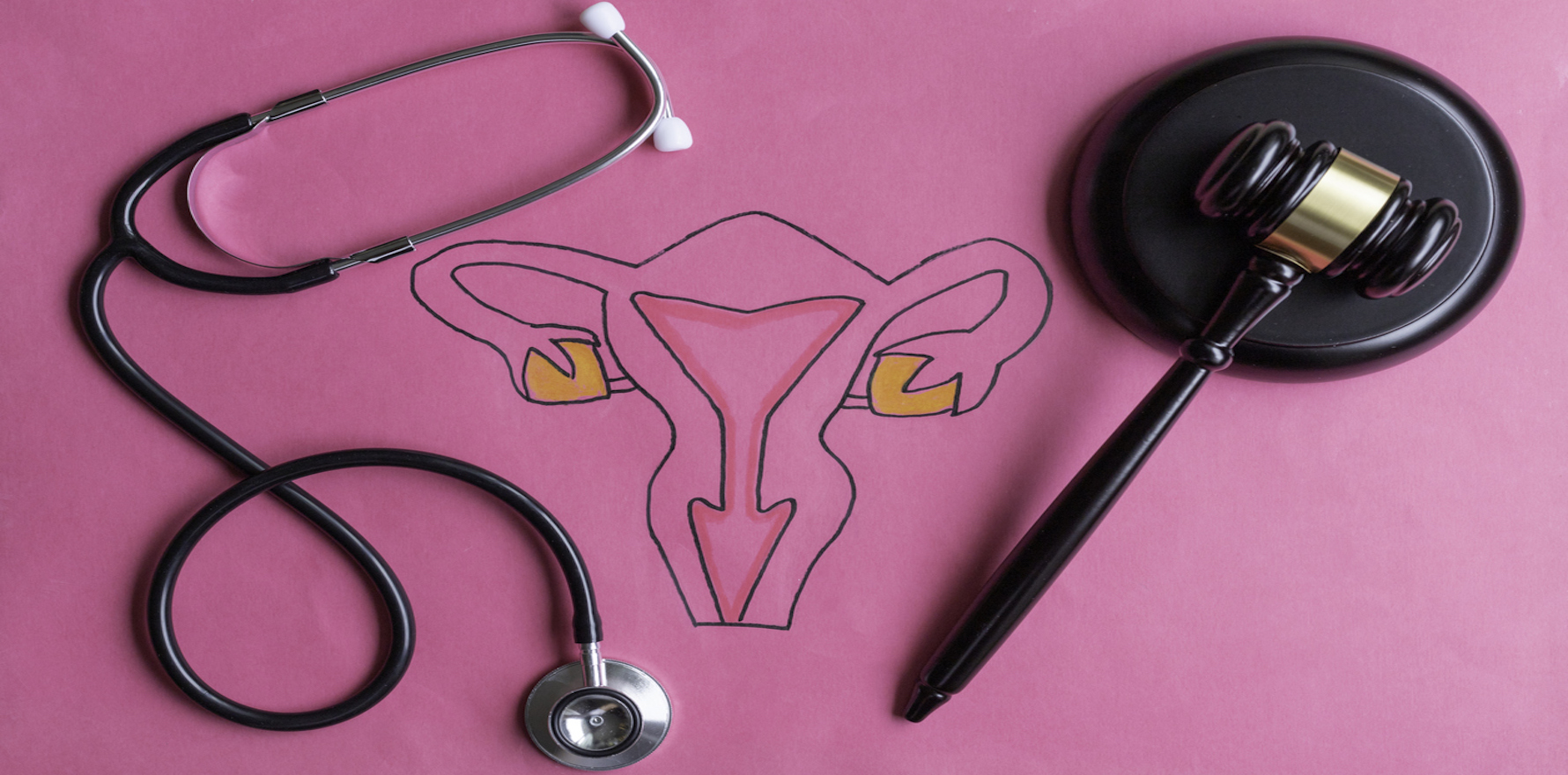Just six years after it was decriminalised, there are fears that a new government would wind back abortion access in Queensland.
In 2018, Queensland was one of the last states to decriminalise abortion. In 2025, it could be the first state to recriminalise it.
The Liberal National Party is tipped for a definitive win in the 26 October election.
Conservative minor party MP Robbie Katter initially hinted that he would introduce legislation to repealing the 2018 laws when the new government forms.
Earlier today, he walked that promise back, telling Sky News that he instead intended to reintroduce his failed bill in relation to legal protections for babies born alive after abortion.
The week between Mr Katter’s initial promise and his walking it back saw scrutiny placed on the LNP’s commitment to the laws as they are.
While LNP party leader David Crisafulli promised there would be “no change” to abortion laws, he refused to categorically rule out a conscience vote on the matter.
Both Mr Crisafulli and deputy leader Jarrod Bleijie voted against decriminalising abortion in 2018.
Monash University reproductive health researcher and GP Professor Danielle Mazza told The Medical Republic that the talk of limiting women’s ability to access abortion in Queensland had been “surprising, disturbing and distressing”.
“Queensland has been one of the most active states in recent times in terms of trying to ensure better access for Queensland women to abortion services, and that’s been reflected in the development of abortion guidelines for that state,” she said.
In March of 2024, Queensland passed legislation to allow nurses and midwives to prescribe for medical termination of pregnancy up to nine weeks gestation on the condition that they undergo mandatory training beforehand.
Nurse practitioners were added to the pool of eligible prescribers in July 2023, at the same time that the requirement for GPs to do mandatory training on medical termination was lifted.
Queensland is unique in that it lays claim to the highest proportion of population living in a rural area; it’s the only state where more than 50% of residents live outside of the capital city.
This has made it particularly vulnerable to abortion care deserts.
Related
According to Children by Choice there are 135 medical abortion providers registered in Queensland, but only around 32 are outside of metropolitan Brisbane.
There are 10 providers of surgical abortions in the state.
There are no providers for either service farther inland than Emerald.
“Queensland has been very active in trying to work out alternative solutions for rural and regional women by exploring and putting in place the ability for nurse practitioners and endorsed midwives to be able to provide these services,” Professor Mazza said.
“They also did this by developing guidelines for Queensland Health, and presumably that is pushing the existing public health sector to be able to provide high standards of care.”
Children by Choice released a letter co-signed by RANZCOG, the RACGP, True Relationships, Family Planning Alliance Australia, Women’s Health Services Alliance and the Queensland Sexual Assault Network earlier today expressing concern over the potential recriminalisation of abortion in Queensland.
“This would be a harmful step backward, risking the health and safety of pregnant people and undoing years of progress,” the letter said.
“Access to abortion is essential healthcare.
“Restricting it leads to dangerous consequences, with vulnerable communities facing the greatest harm.”
Australia’s abortion laws, like the USA’s laws post-2022, are at the discretion of state and territory governments.
Women in Queensland and NSW can seek a termination until 22 weeks, and women in Victoria and the Northern Territory can opt for the procedure up to 24 weeks.
In South Australia the limit is 22 weeks and six days and in Tasmania it is 16 weeks.
The ACT allows abortion at any stage of gestation.
All jurisdictions will allow later term abortions under certain circumstances.




